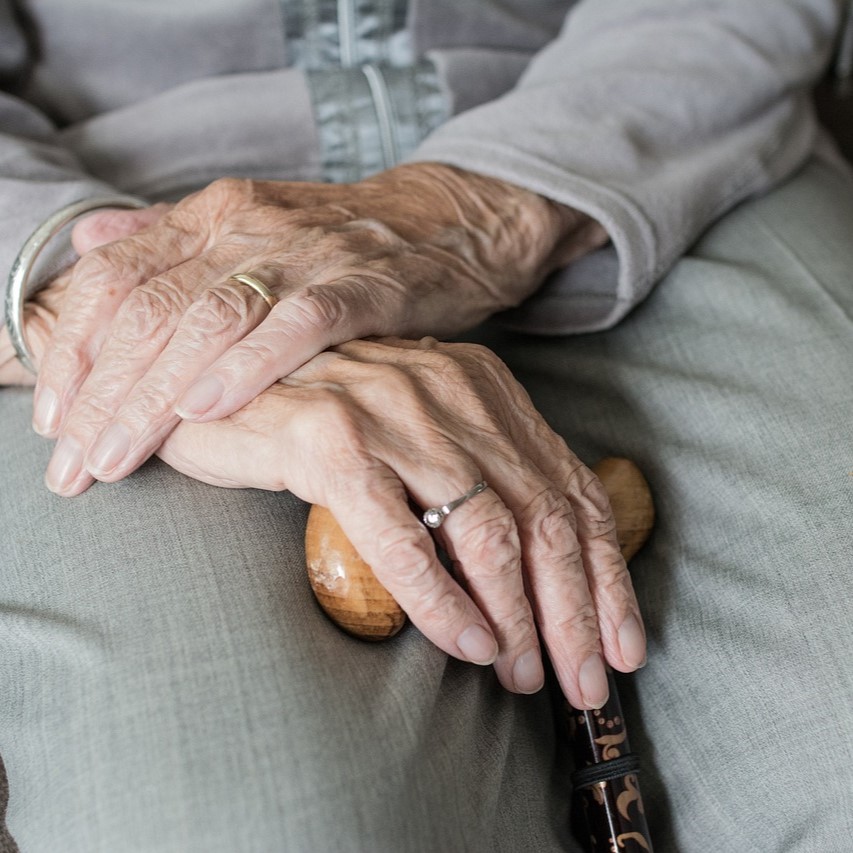
A recent study led by our researchers Montserrat Crespi-Vallbona and Cristina López-Villanueva analyzes citizen resistance to the process of touristification in two neighborhoods of the city: Barceloneta and Hostafrancs.
Touristification transforms the urban life of many tourist destination cities, leading to changes in the uses and values of city real estate, and generating a displacement of the most vulnerable sectors of the population. The objective of this research, published in Current Issues in Tourism, is the analysis of citizens’ strategies for facing this transformation process, considering that the associative and protest tradition in neighborhoods can dampen the intensity and effects of touristification.
The study aims to understand how local residents and community groups manage and mitigate the effects of touristification, a process that transforms urban areas into tourism-focused zones, often leading to displacement and changes in local property values. Through a combination of in-depth interviews and data on tourist accommodation and residential housing prices, the research examines whether the historical tradition of community activism and cooperation in these neighborhoods can reduce the intensity of these impacts.
Key findings indicate that Barceloneta and Hostafrancs have demonstrated resilience in the face of touristification, largely due to the proactive efforts of local associations and cooperatives, as well as some supportive measures by the local government. These neighborhoods have managed to preserve their unique identities and mitigate some of the negative effects of increased tourism.
In Barceloneta, a historically highly touristic area, and Hostafrancs, on the fringes of tourist areas, the study highlights different manifestations of resilience. In Barceloneta, residents have been active in preserving local culture and preventing excessive commuting, while Hostafrancs has focused on maintaining affordable housing and supporting local businesses amidst increasing tourism pressures.
The research underlines the crucial role of collective citizen actions in countering the adverse effects of touristification. These actions include organizing protests, advocating for better local policies, and fostering a strong community spirit to safeguard neighborhood integrity. The study concludes that while tourism can boost economic development, it is essential to balance these benefits with the needs and rights of local residents.
The findings contribute to broader debates about urban transformation and the need for sustainable tourism practices that respect and preserve the character of local communities.

